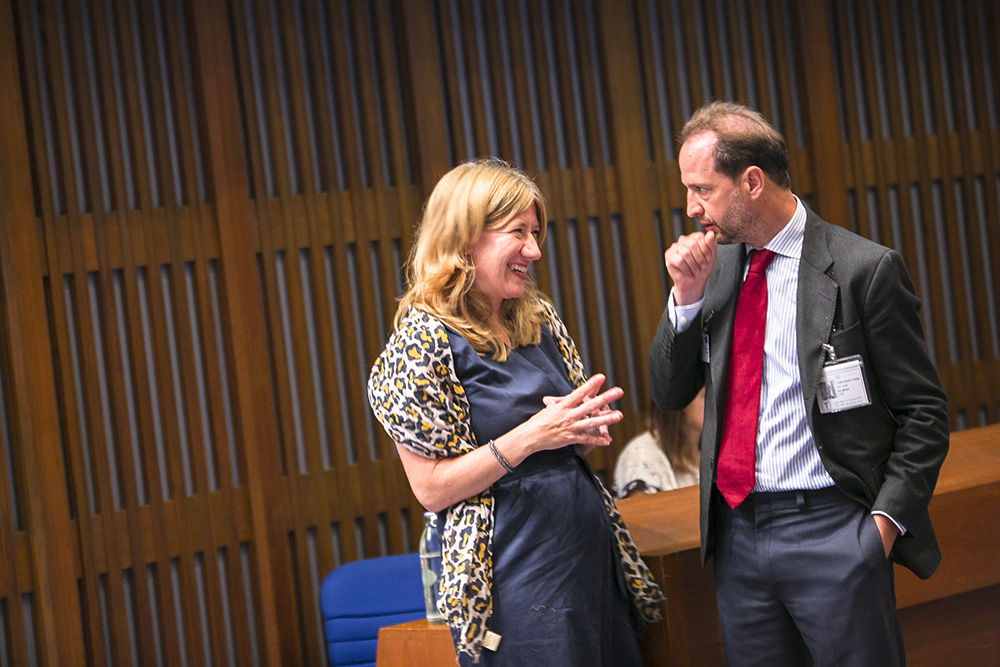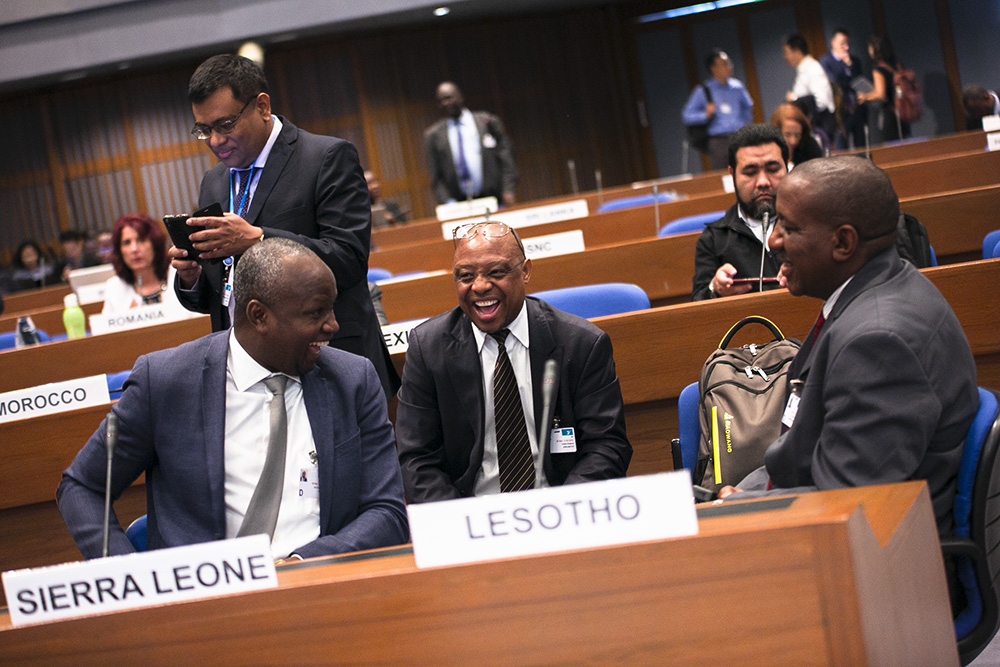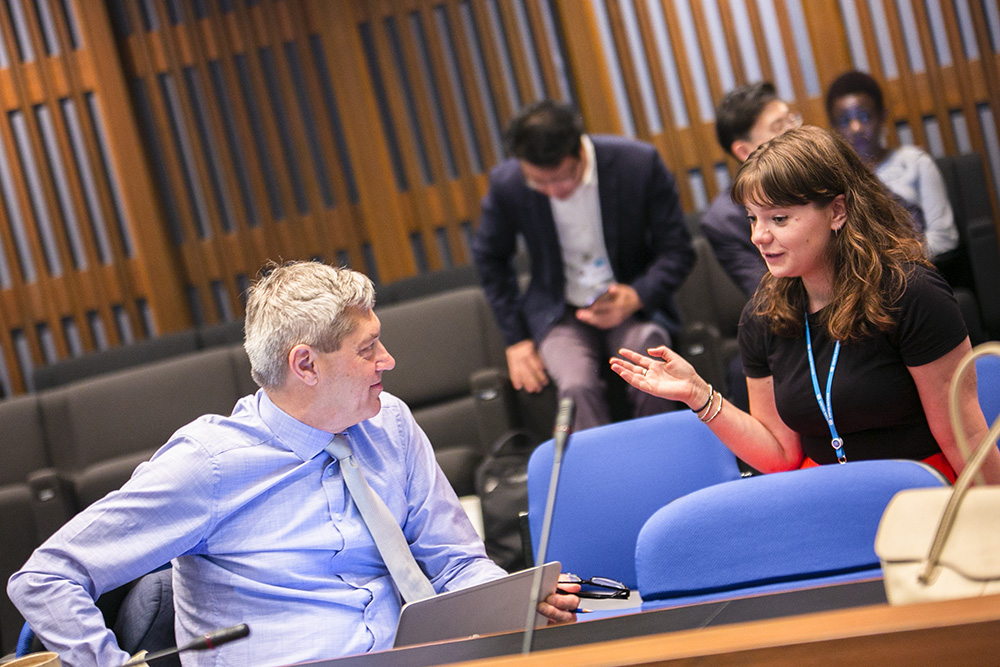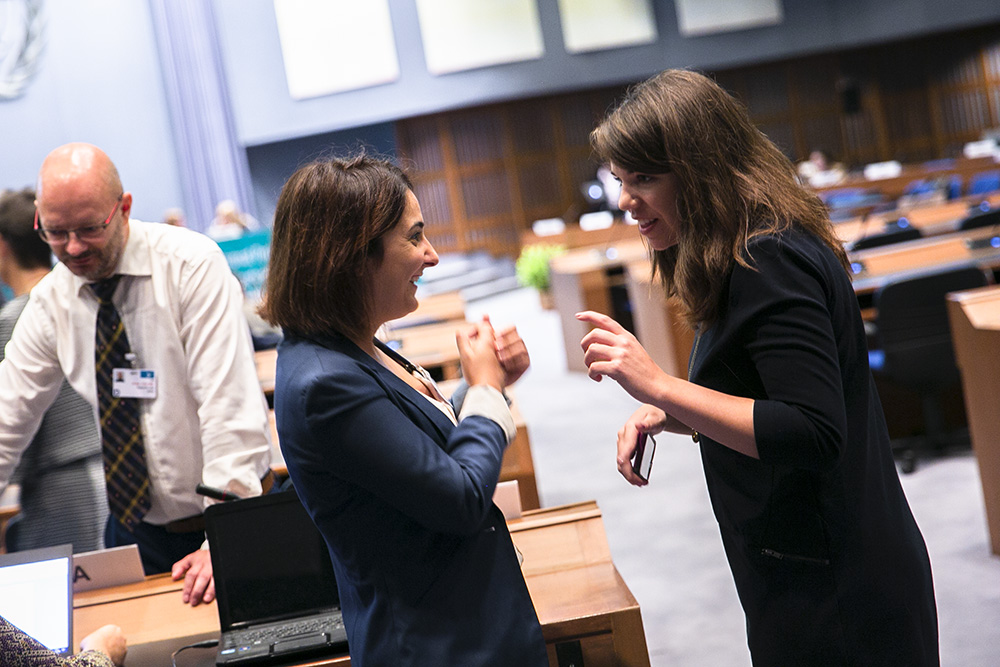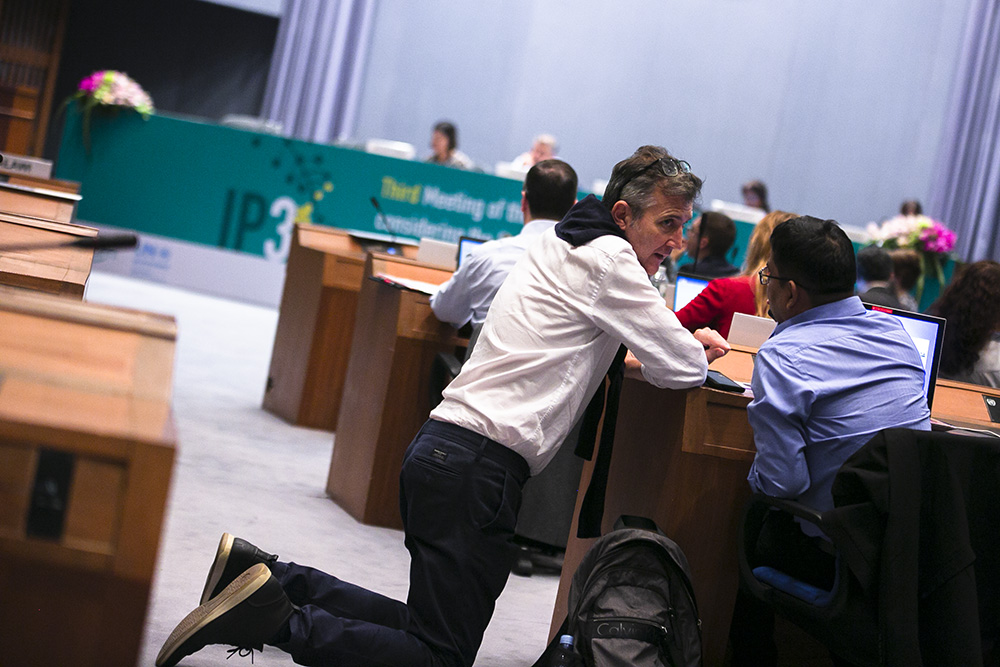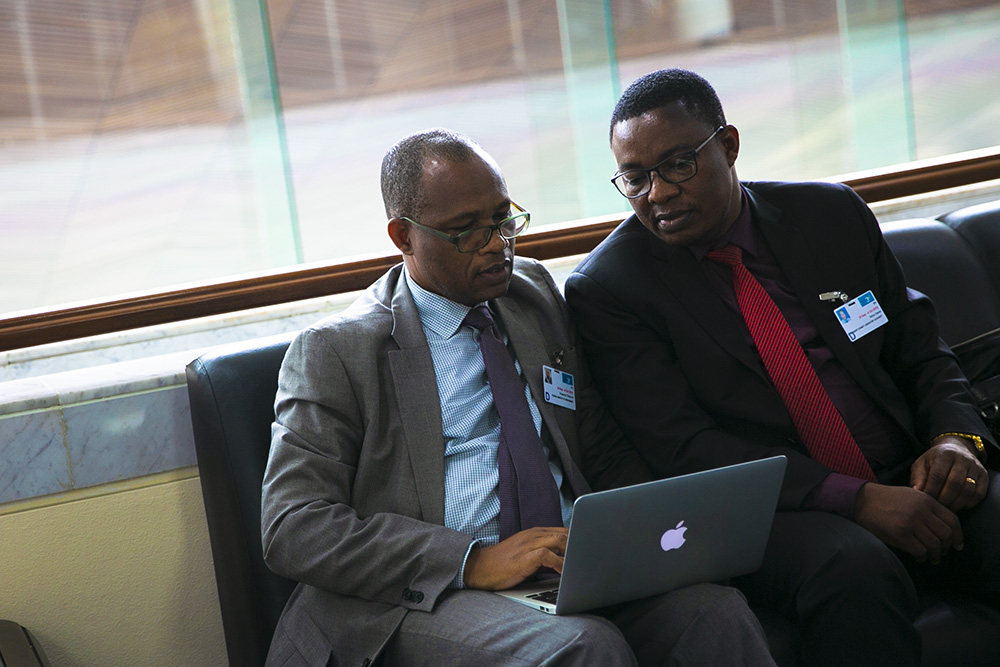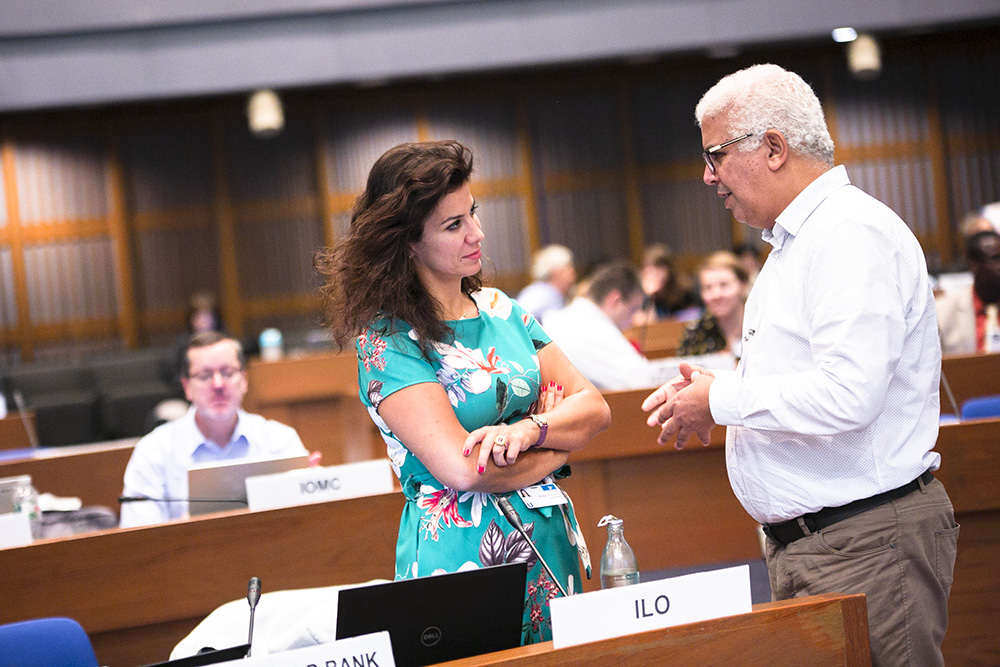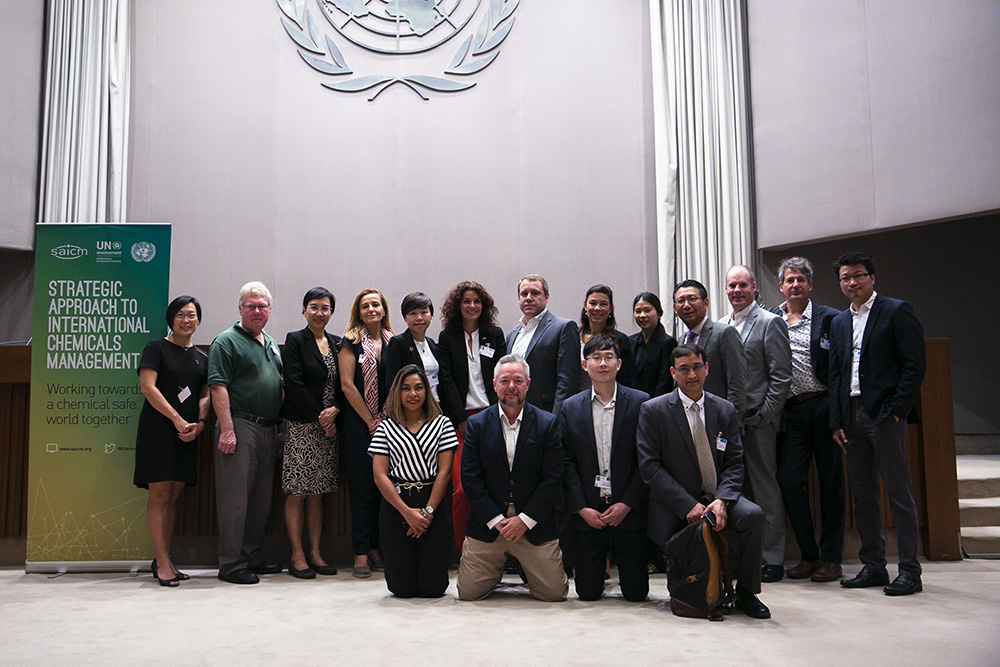Summary
Highlights for Thursday, 3 October 2019

Delegates convened for the third day of the Third Meeting of the Intersessional Process for Considering the Strategic Approach to International Chemicals Management (SAICM) and the Sound Management of Chemicals and Waste Beyond 2020 (IP3) on Thursday, 3 October 2019, in Bangkok, Thailand. In the morning, plenary briefly reconvened to hear the Co-Chairs of the four thematic groups report limited progress in reducing bracketed text indicating disagreements in the text of recommendations being developed for the fifth session of the International Conference on Chemicals Management (ICCM5). IP Co-Chair David Morin (Canada) reminded participants of the goal of achieving a complete zero draft at the end of IP3 to allow sufficient time to review the text and prepare for final negotiations at IP4 in March 2020.Delegates then resumed their consideration of draft texts in the thematic groups. In the morning, the Thematic Group on Targets, Milestones, and Indicators reviewed five strategic objectives proposed by the third meeting of the Open-ended Working Group (OEWG3) to be recommended to ICCM5. The Group discussed potential targets against:
The Thematic Group on Enhanced Governance and Institutional Mechanisms met in the morning and evening, focusing primarily on text regarding the functions of the High-Level Segment of the ICCM, including new proposals on:
In the afternoon, the Thematic Group on Mechanisms to Support Implementation began a second reading of text relating to the process of identifying issues of concern for inclusion in a post-2020 framework. In the evening, the group held an initial exchange of views on how to deal with existing emerging policy issues, reviewed a summary by the Co-Chairs of discussions relating to the science-policy interface, and reviewed new targets proposed under the mandate of this Group.The Thematic Group on Financial Considerations discussed at length proposals on:
As the day wore on, many delegations, and at times the thematic group co-chairs themselves, expressed frustration that the pace of deliberations was not picking up. One group worked through lunchtime and two added evening sessions in the hopes of breaking the logjam. “We’re running out of time if we want to avoid sending a messy text to IP4” fretted one seasoned participant.
IISD Reporting Services, through its Earth Negotiations Bulletin (ENB) meeting coverage, provided daily web coverage and a summary and analysis report from IP3. The summary and analysis report is now available in HTML and PDF.
Photos by IISD/ENB | Sean Wu
For photo reprint permissions, please follow instructions at our Attribution Regulations for Meeting Photo Usage Page
Plenary

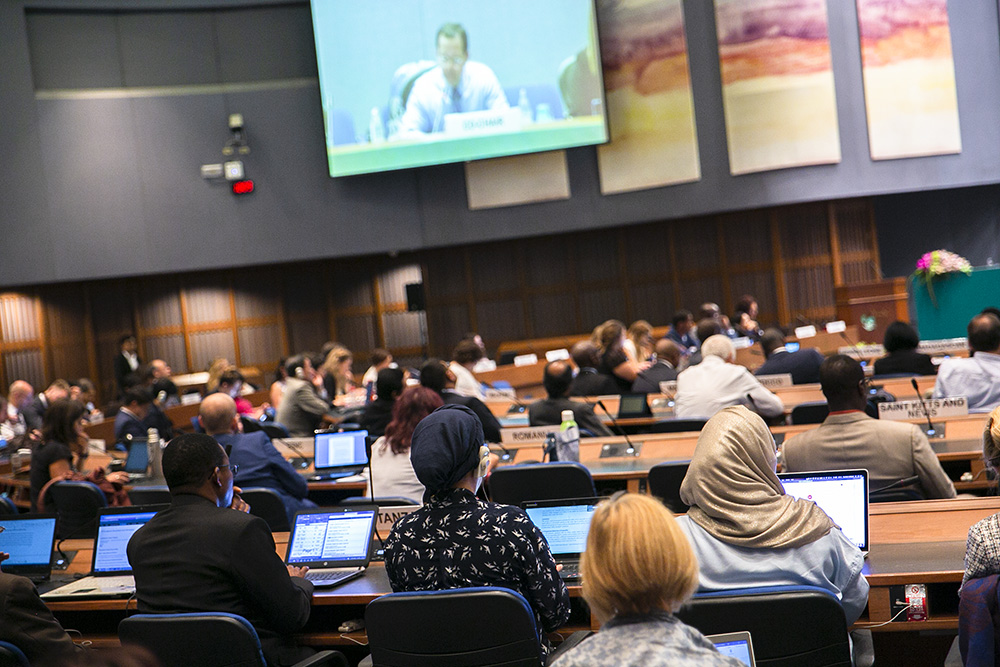

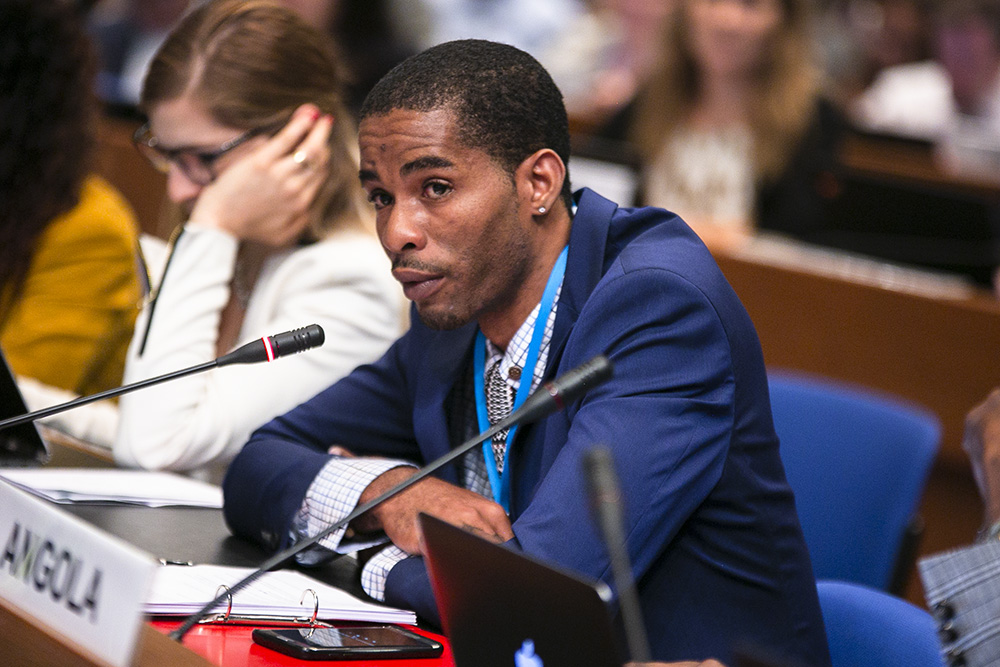
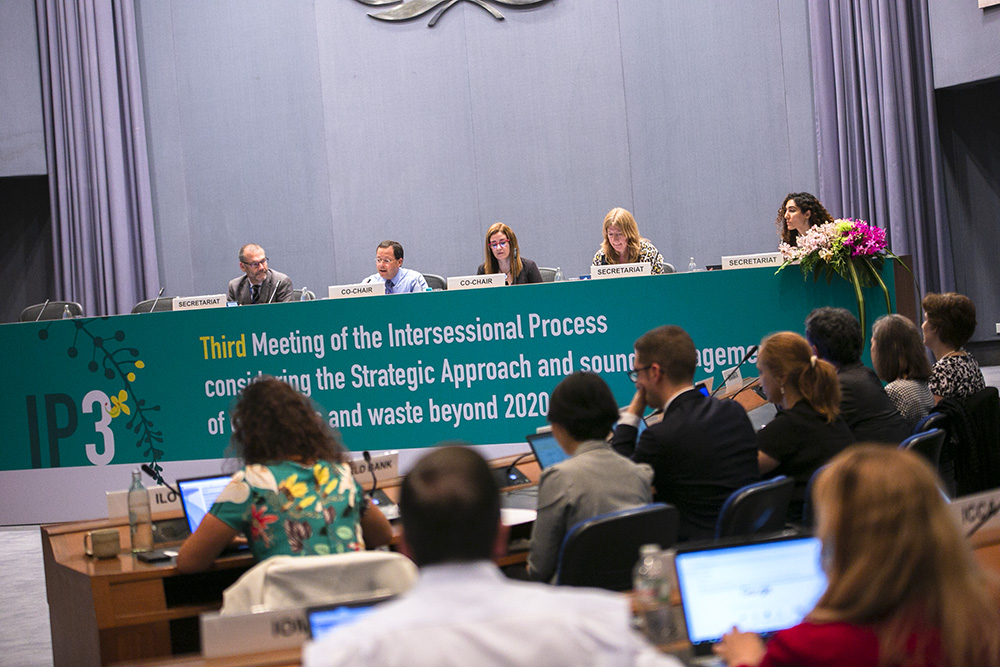
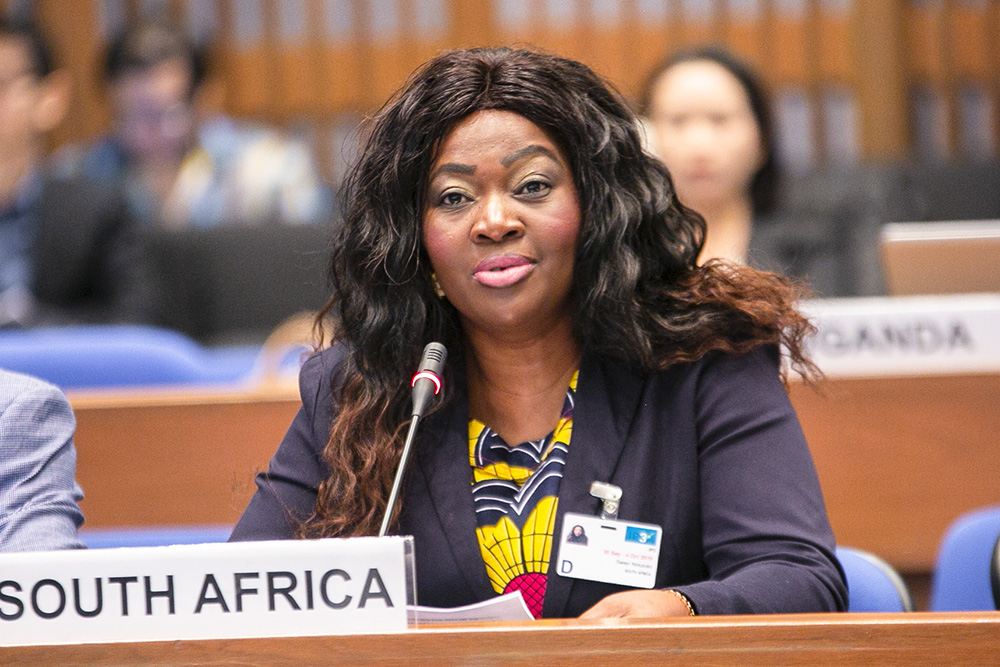
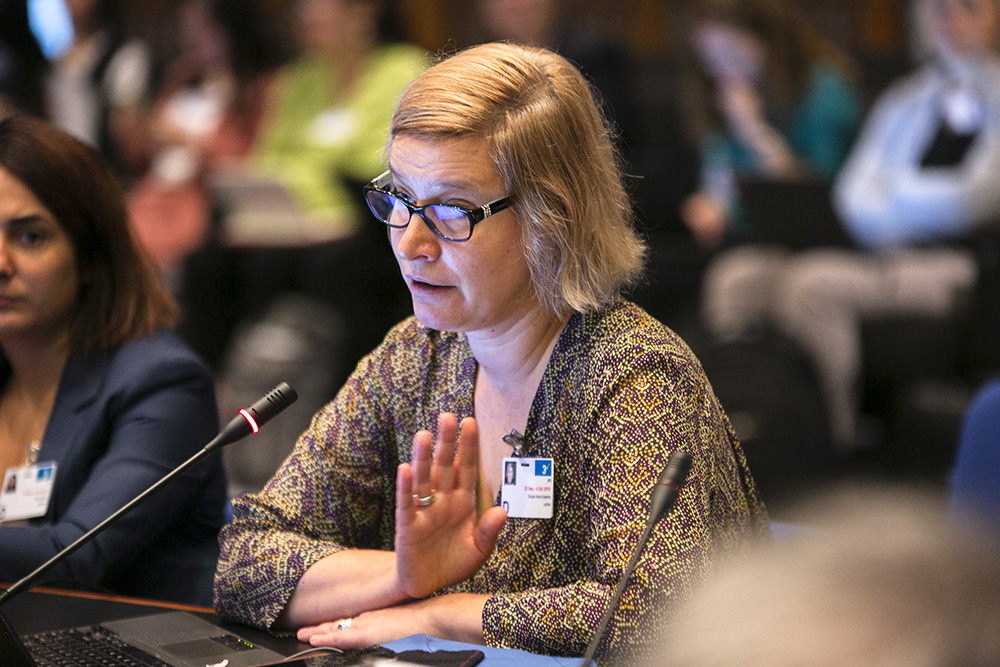
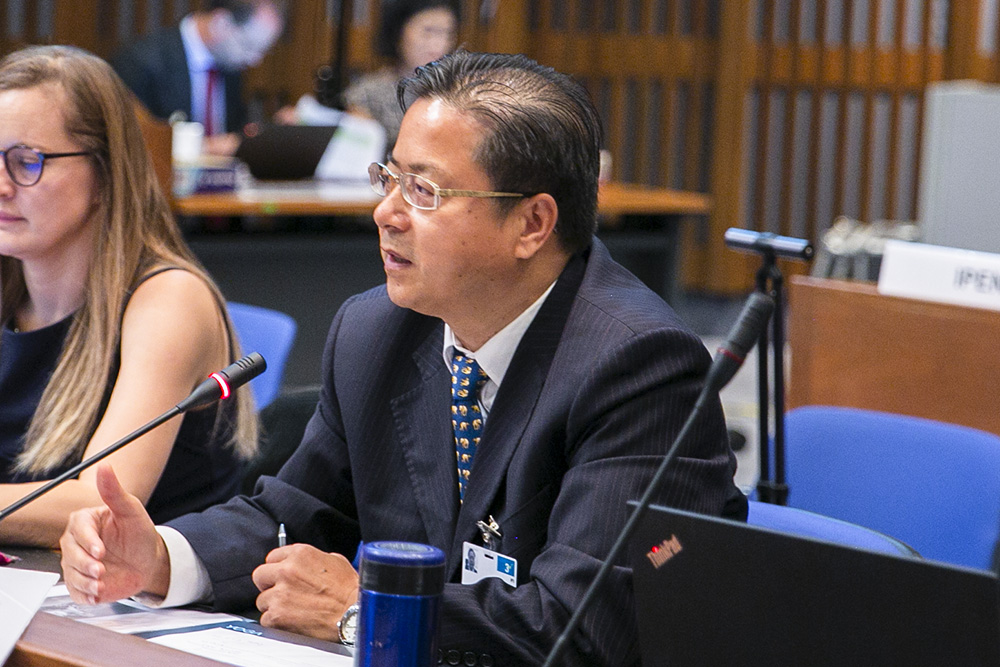
Thematic Discussion on Financial Considerations
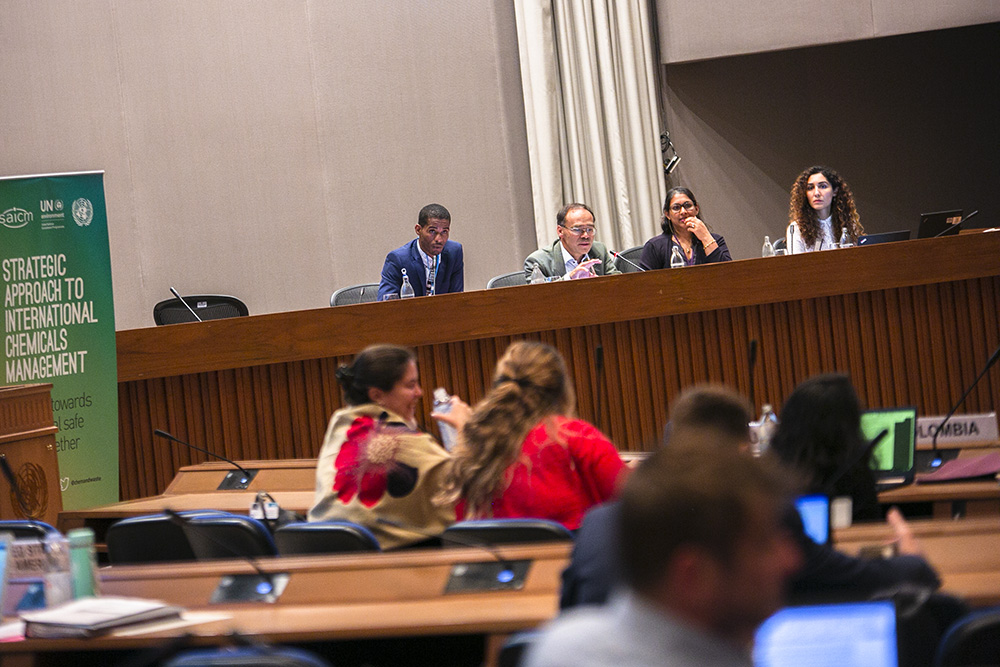
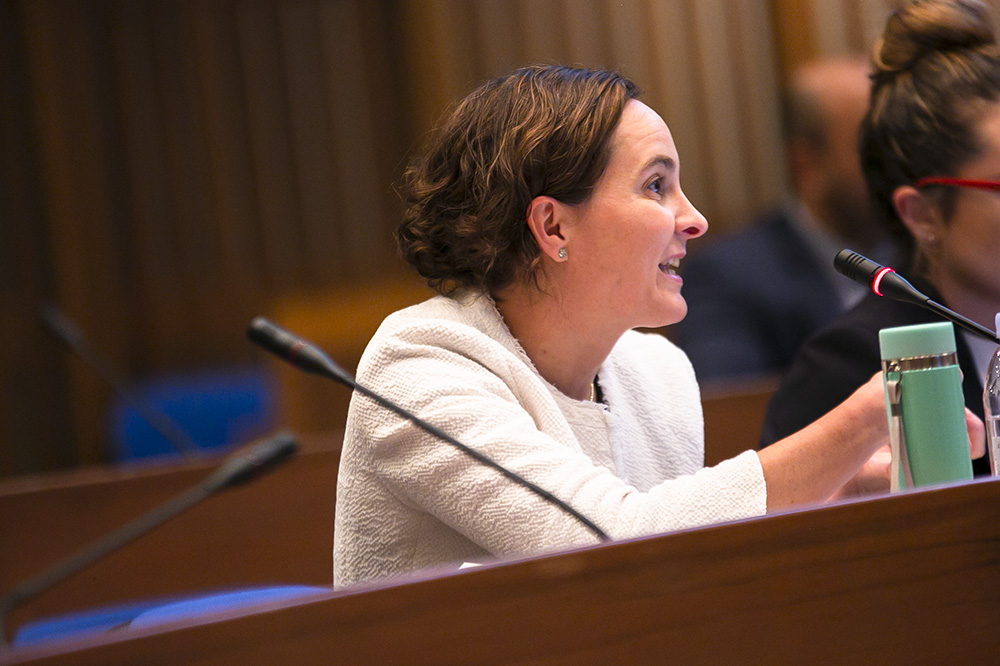
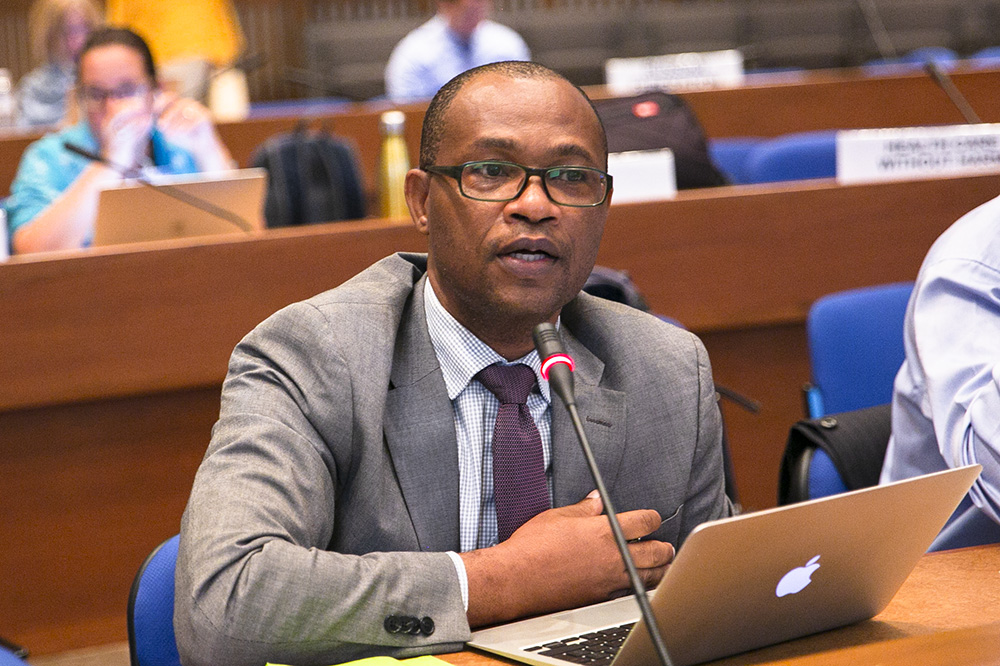
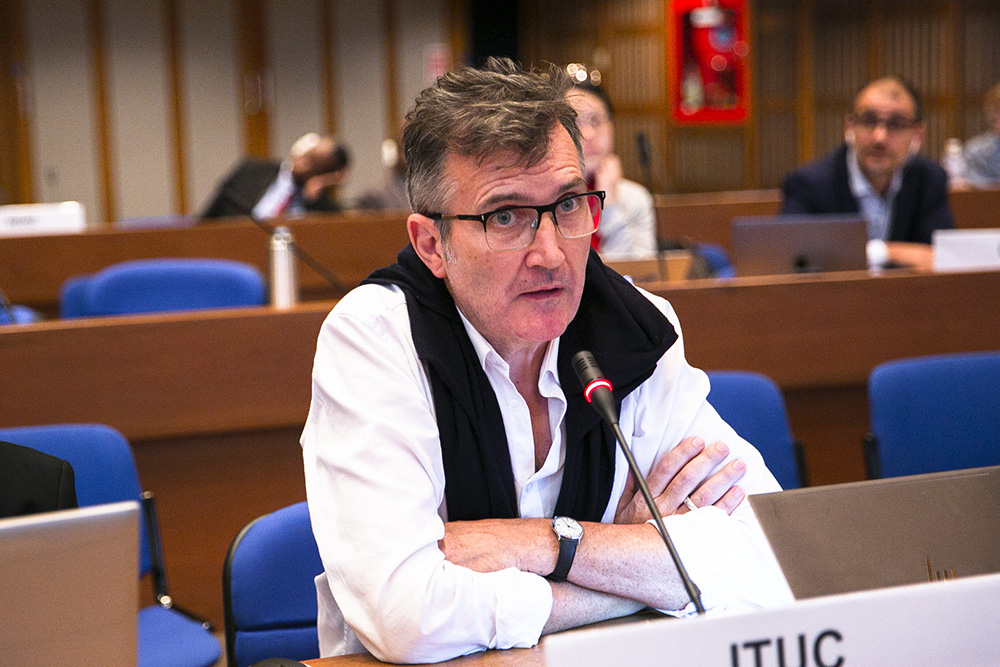
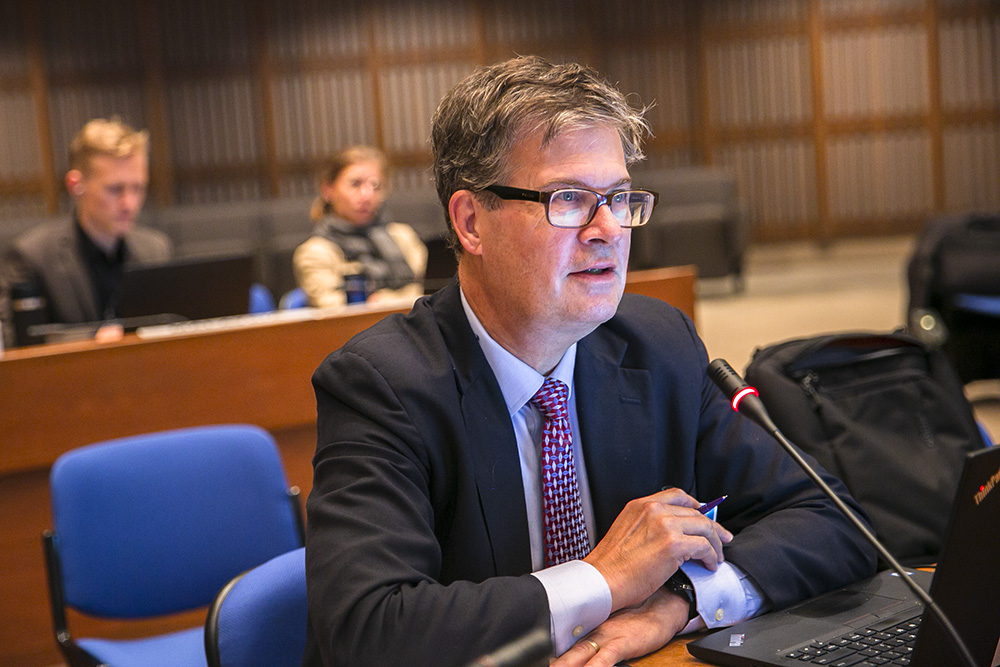
Thematic Discussion on Targets, Milestones and Indicators
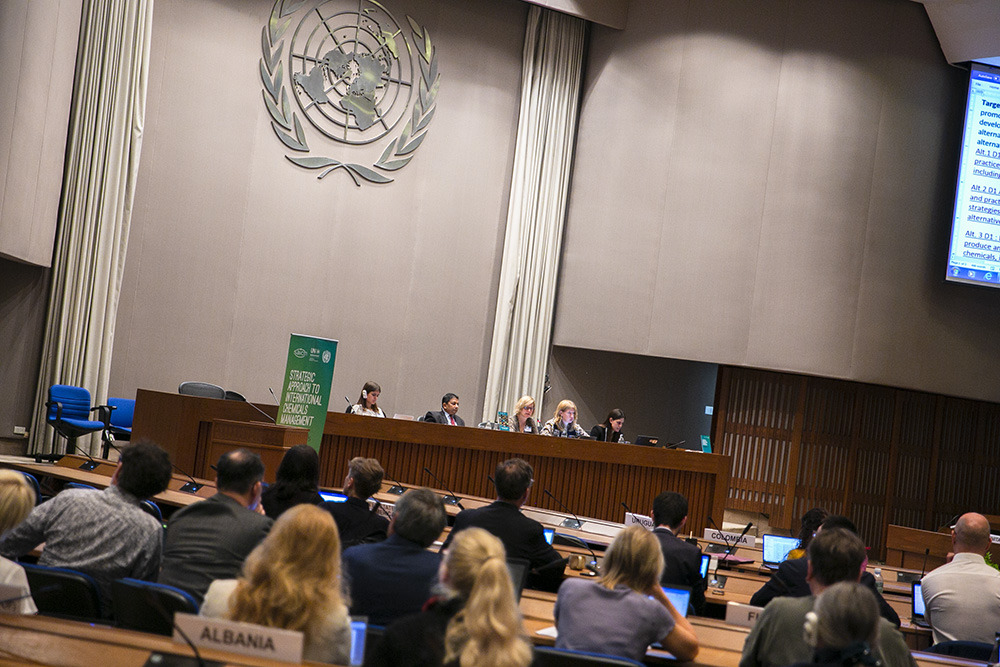
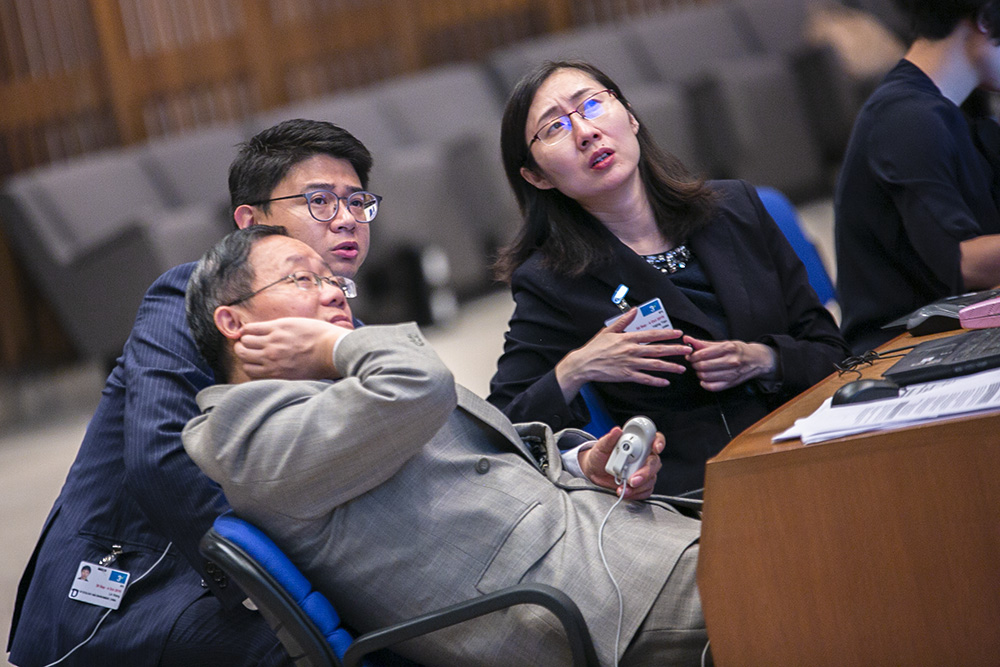
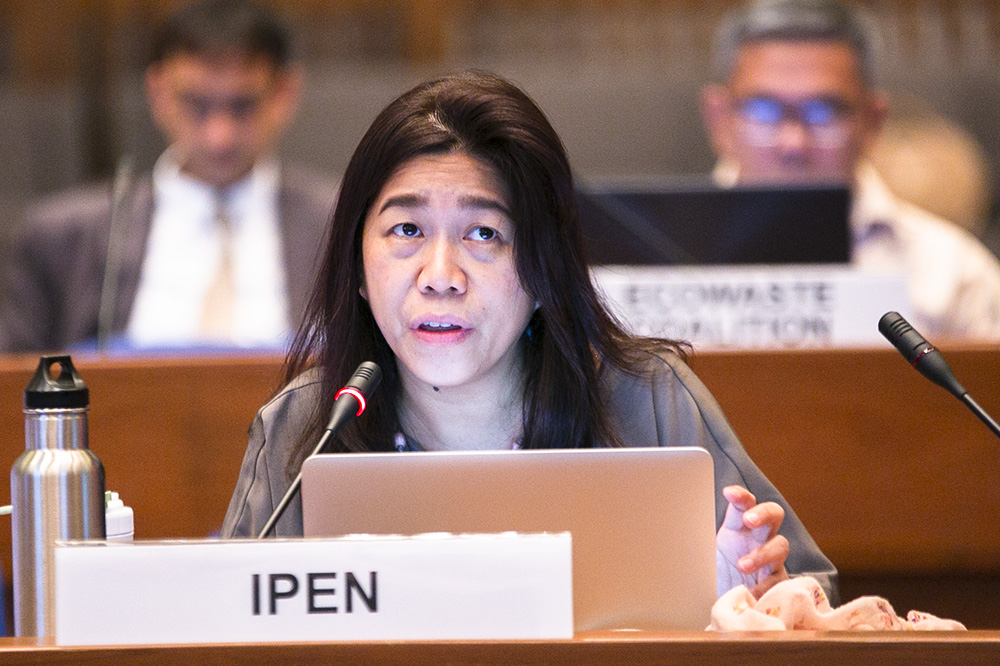
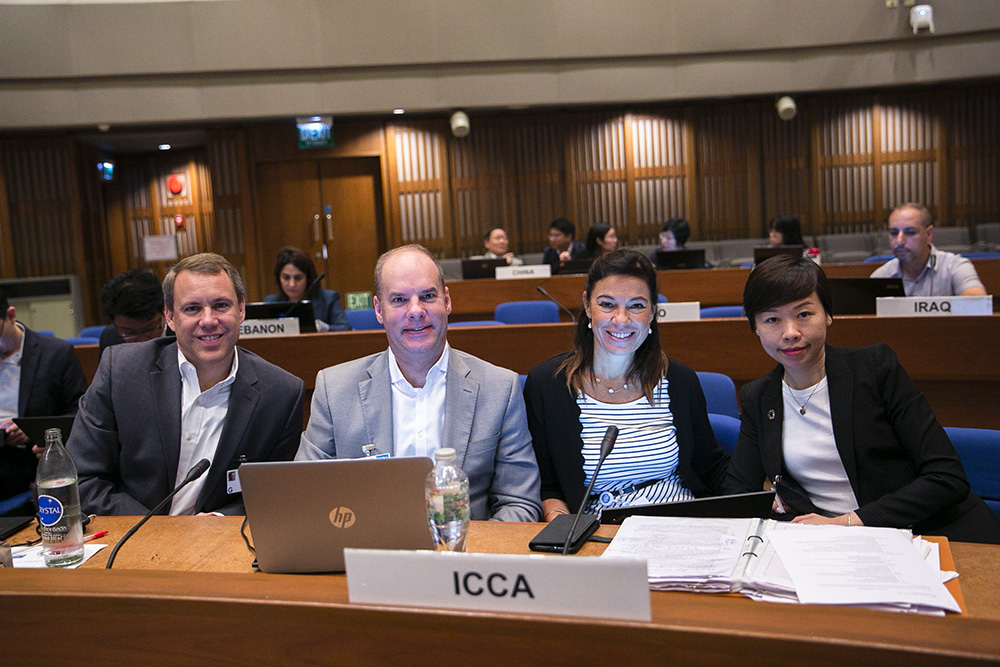
Thematic Discussion on Mechanisms to Support Implementation
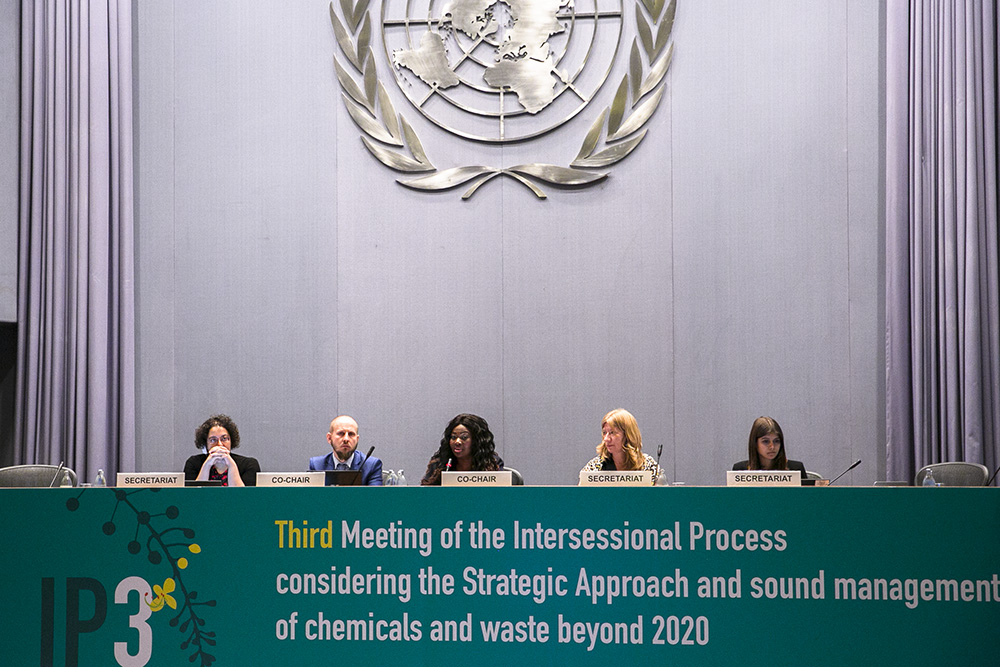
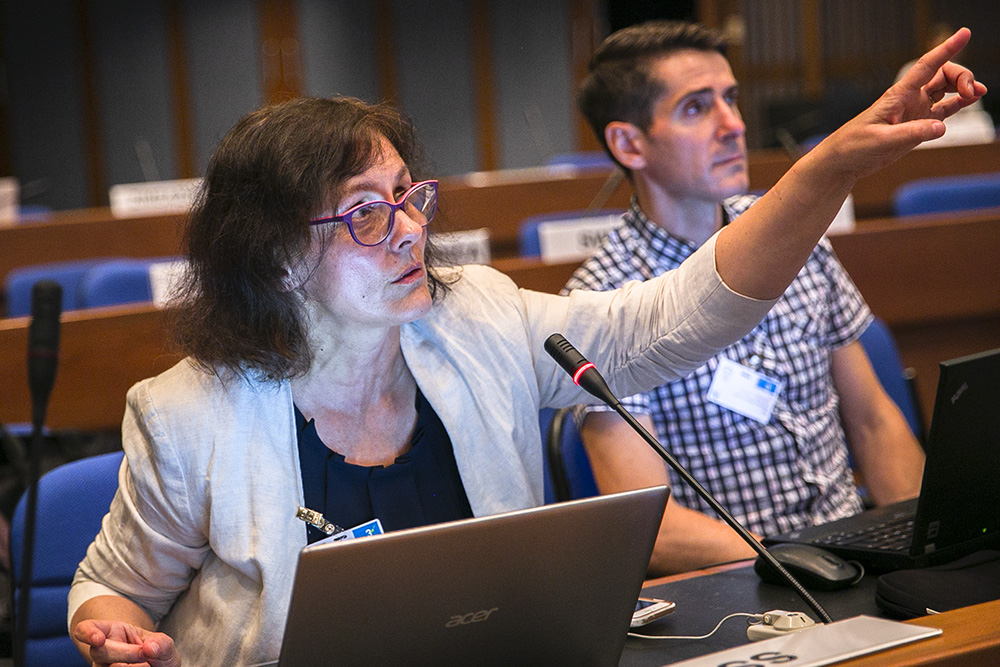
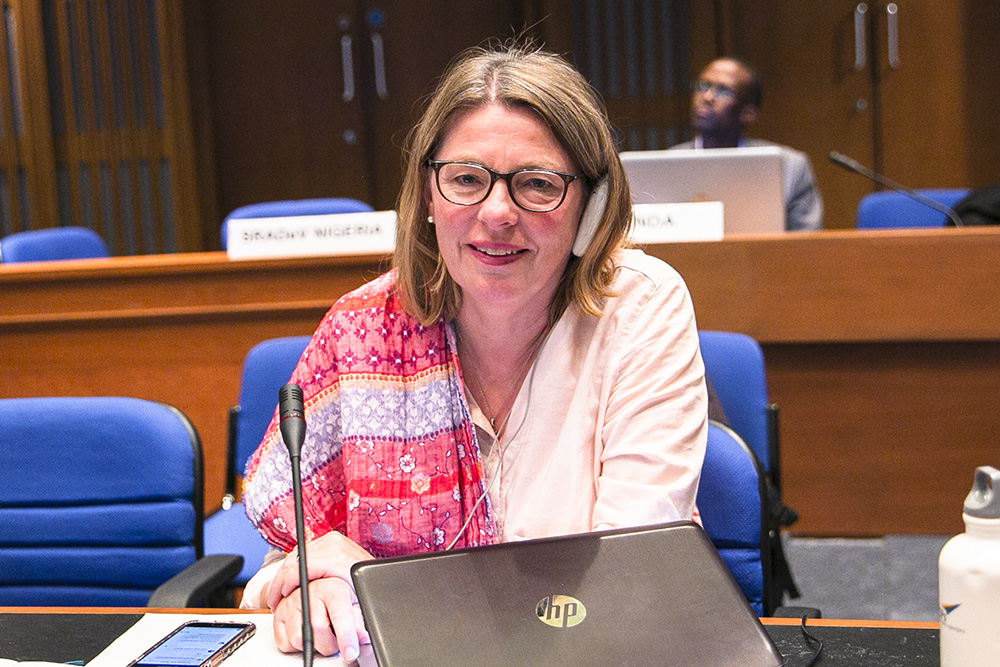
Thematic Discussion on Governance and Institutional Arrangements

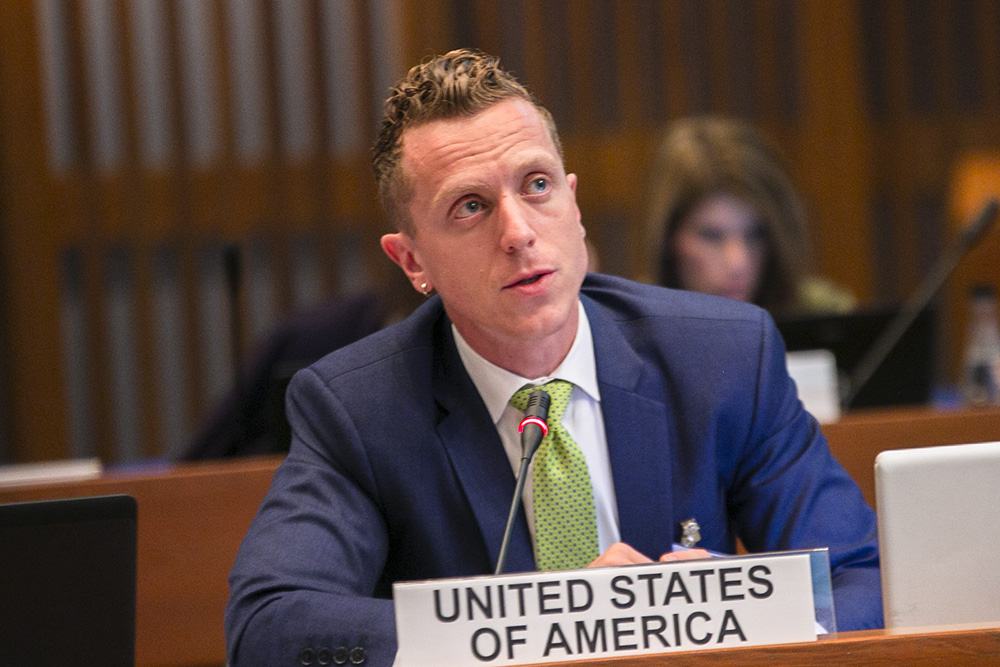

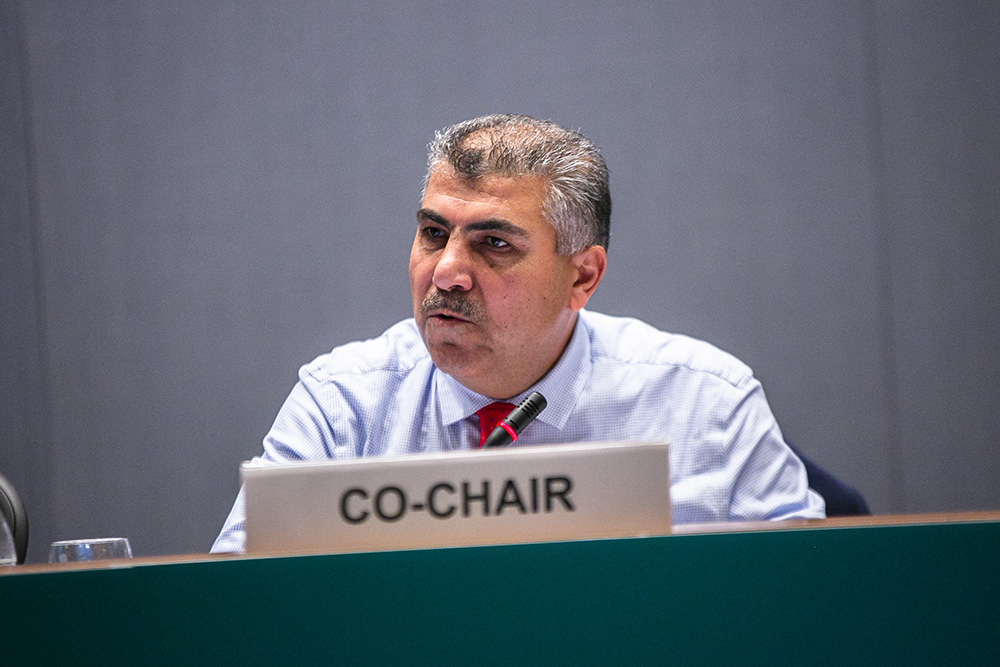
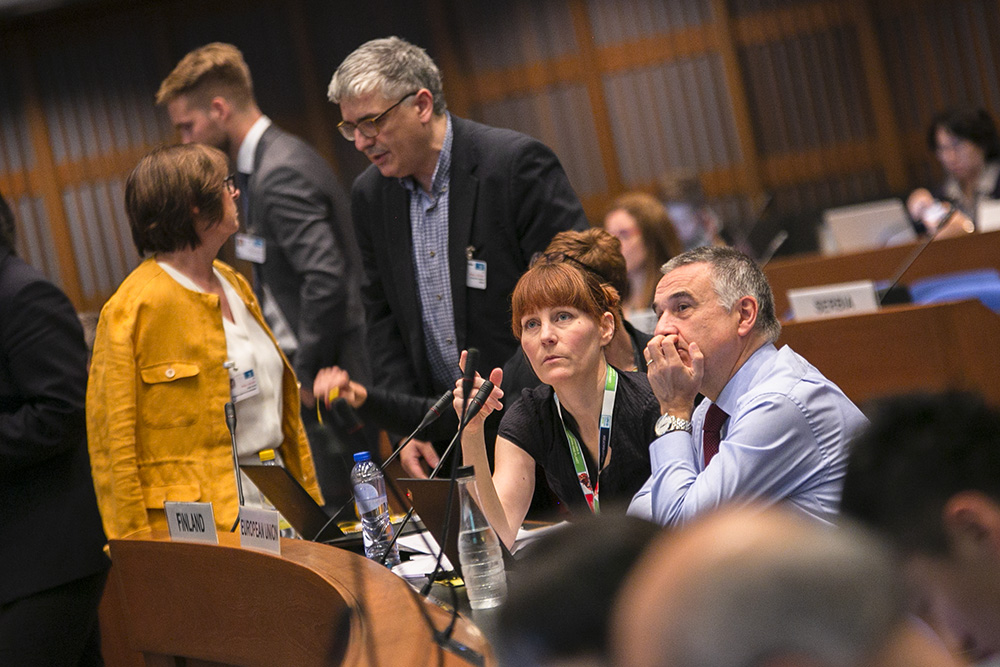
Around the Venue

